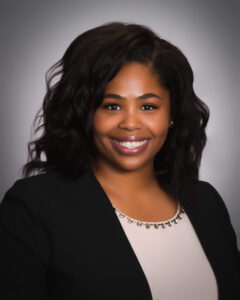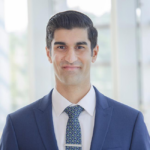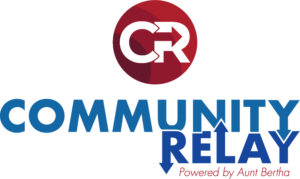“Jane” spent the night tossing and turning unable to sleep. With a history of back pain, sleeping on the floor isn’t the best solution…but it is her only option. She is fortunate to have a roof over her head, but she can’t afford furniture or even a mattress.
She has a doctor’s appointment today and knows she needs to leave early if she wants to make it on time. Without a car, Jane relies on the city bus and has multiple transfers to get to Nebraska Medicine.
Jane likes her doctor and doesn’t want to disappoint her. She missed her last appointment and was late the time before that. She knows she can trust her provider and talk to her about her health, but she isn’t comfortable sharing her financial struggles or other concerns. But maybe, just maybe, today will be different.
Although Jane’s story sounds like something out of a movie, it’s the harsh reality for some patients in our community. Social Determinants of Health and Health Inequities are hot topics in the industry, but patients aren't always comfortable sharing their personal needs or struggles.

The scenario above is based on a real patient of Denai Gordon, MD, UNMC family medicine resident at the Durham Outpatient Center. Dr. Gordon shared that she had a strong relationship with the patient and believed “Jane” trusted her. She was frustrated that Jane missed appointments or was often late but didn’t know the reason behind her patient’s tardiness.
Dr. Gordon is one of the providers at the Durham Clinic participating in a pilot project to introduce Community Relay as a method of addressing Social Determinants of Health.
CommunityRelay.com is an online platform that is open to the public and enables users to search 24/7 for local services and support across a broad range of SDoH categories like food, housing, transportation, work, financial support and more. NHN introduced Community Relay in 2020 and there are now clinics at both Methodist and Nebraska Medicine utilizing the solution.
At the Durham Clinic, patients of participating providers receive a social assessment form at check-in that enables them to select areas of concern or need that they would like to discuss with their provider. After months of marking no interest, Jane finally decided to ask for help.
“She told me she was relieved that someone was asking her the tough questions and was able to help,” Dr. Gordon said. “Together, we reviewed Community Relay and found resources in our local community that could help her with basic needs like furniture, bedding and transportation.”

Neil Kalsi, MD, a family medicine physician at the Durham Outpatient Center who spear-headed the Community Relay pilot, shared a similar story. His patient has multiple chronic conditions including Type 2 Diabetes and high blood pressure. He indicated housing, transportation and food were all a challenge.
With no place to call his own, he was staying with family outside of Omaha, which was causing a strain on their relationship.
“If you are a patient with diabetes and you struggle to buy healthy food, it’s a real issue,” Dr. Kalsi said. “He wasn’t able to care for himself in the manner that he should.”
Together, Dr. Kalsi and his patient searched Community Relay and found a food pantry near where the patient was staying and made arrangements for a transportation service to help him get to his appointments. “Within a month, you could physically see the difference. By his next appointment, he looked healthier, he was in a better mood and had more confidence.”
Drs. Gordon and Kalsi both credit the patient self-assessment as key to starting the conversations with patients. “Having their responses opens the door to a conversation,” Dr. Kalsi said. “It immediately sets both parties at ease and signals that this is an important conversation that we both want to have.”
He also noted that the ability to search with the patient in real time on Community Relay helps improve patient compliance. “Often if it doesn’t happen right then and there, it likely won’t happen. By taking the first step, we show them how easy it is to find support and to let them know it is ok to ask for help,” he said.
Interested in Using Community Relay?
Community Relay is publicly available for patient, employee and community use. If your clinic is interested in learning more about the platform, screening tools or how to integrate SDoH resources into your workflow, please let us know.

